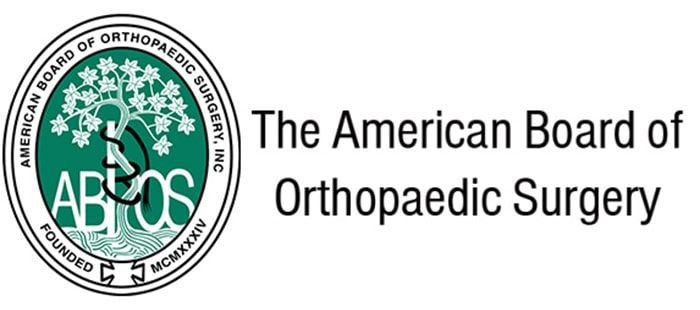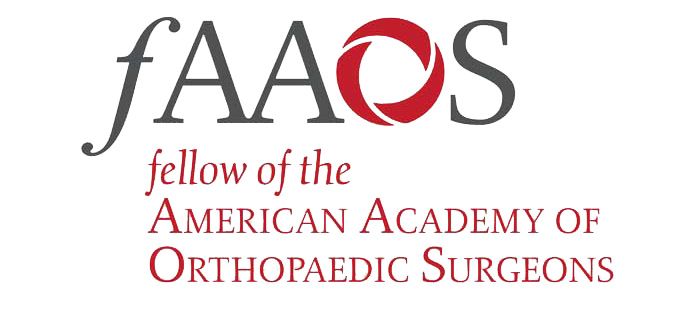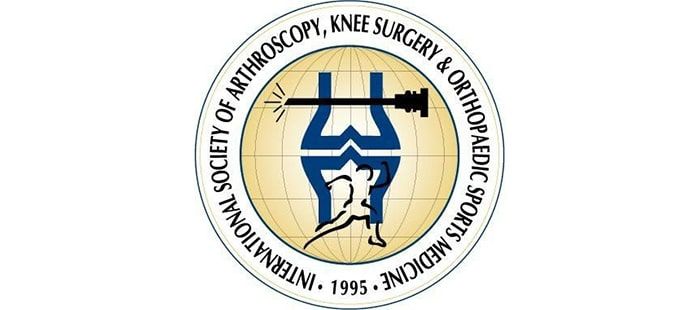Six reasons to have your procedure done at an Ambulatory Surgery Center (ASC)
1. Reduced Risk of Infection
Ambulatory Surgery Centers (ASCs) treat healthy patients who need a problem fixed, whereas inpatient hospitals treat many kinds of patients, including some with illnesses resistant to current antibiotics, like methicillin-resistant staphylococcus aureus (MRSA).
The Centers for Disease Control and Prevention (CDC) estimated that in 2010 approximately 8.95 in 1,000 patients developed a surgical site infection (SSI) in a hospital setting. However, only 4.84 in 1,000 patients who had surgery at an ASC developed a SSI within 30 days of surgery.
At the Peninsula Surgery Center (PSC), each patient’s health history is carefully reviewed prior to surgery and patients with contagious diseases are not allowed to have procedures performed at the PSC. Therefore, the risk of patients at our Center being exposed to someone with a contagious disease is further reduced.
2. Reduced Risk of Other Complications
After a procedure, ASC patients are less likely to visit an emergency room or have a hospital admission than patients discharged the same day after surgery in a hospital, which is called “hospital outpatient discharge” or “HOPD.”
ASC patients have fewer ER visits due to adverse events compared to HOPD patients. Between one – seven days after surgery, 0.07% of ASC patients visited an ER for a medical complication compared with only 0.52% of HOPD patients. The difference is magnified in a 30-day window.
3. Improved Efficiency
ASCs are more efficient than hospitals, due to smaller staff size, improved accountability and procedure specialization. We are small and nimble—and better able to make real-time adjustments in our processes to eliminate wasted minutes. In fact, on average, patients spend 20% less time in an ASC versus a hospital for the same procedure.
ASCs also have better control over scheduling—where hospitals may be impacted by patients coming in through an emergency room, causing delays or cancellations of elective procedures, this is a non-factor at an ASC.
4. Lower Cost
ASCs can be 45-60% less expensive than hospitals, which benefits both patients and insurers, as well as taxpayers. In fact, the Department of Health and Human Services estimated an annual savings of $15 billion to taxpayers and $3 billion to Medicare patients if all qualifying surgeries were performed at ASCs. The lower cost is due to improved efficiency, not reduction in quality.
Private insurance companies tend to save similarly, which means employers also incur reduced healthcare costs when employees utilize ASCs. Furthermore, patient co-pays are usually lower when care is received in an ASC. For these reasons, both employers and insurers have been exploring ways to incentivize the migration of procedures to the ASC setting.
5. Fresh & Focused Staff
Unlike hospitals, ASCs only operate during the day, which means our staff will not be starting a morning shift exhausted from working all night. You benefit because your surgeon will have the most attentive help in the surgical suite and recovery area. Furthermore, with improved working conditions, ASCs are likely to retain a high percentage of their perioperative staff, allowing for expertise and camaraderie to develop, which translates to better care overall.
6. More Comfortable Recovery at Home
Outpatient surgery is less stressful than inpatient surgery. Most people, especially children, prefer to convalesce after a procedure in their homes instead of the hospital. Your bed will be more comfortable, your food will taste better and you will get a better night’s sleep at home. Your immune system is more accustomed and immune to the environment there, as well.
If you would like to discuss any of these important points further, please contact Lisa Harvey, RN at 650-241-9980 or lharvey@peninsulasurgerycenter.com, or speak directly with your surgeon.





